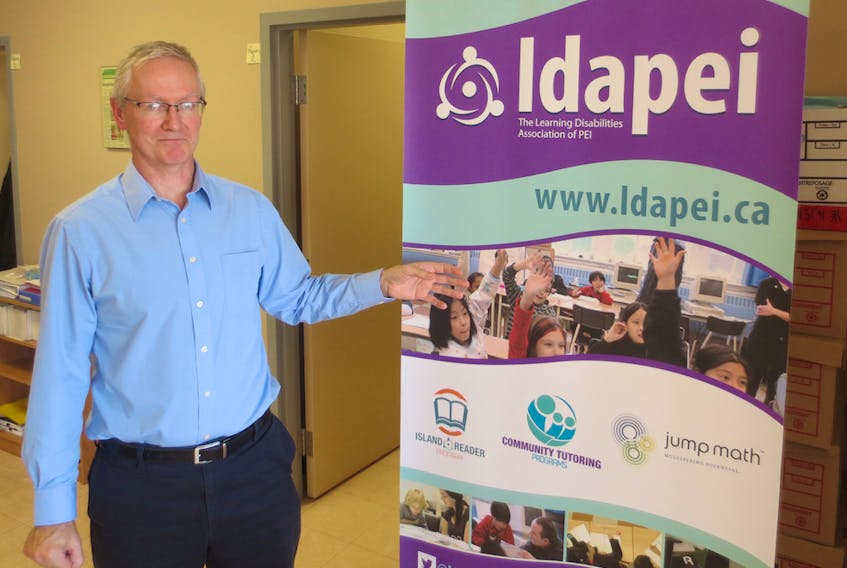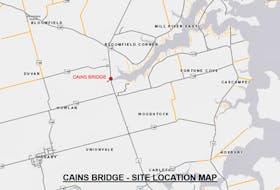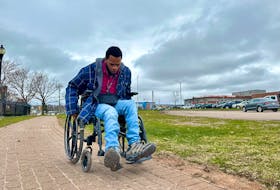The Learning Disabilities Association of P.E.I. is looking to increase psychological educational assessments.
It welcomes news that the Department of Education and Early Childhood Development is exploring how to do just that, particularly for those potentially at risk for learning disabilities.
The association says understands that it is hard to gain mature responses from students until about age 7 and therefore does not suggest increasing psychological educational assessments for that age range, because it might create inconclusive or inaccurate results.
In the population served by the Public Schools Branch, there are about 20,000 students. Of these, it is estimated that 2,000 may have a learning disability. These students are in addition to those with other needs, such as autism, intellectual disability and physical impairment.
Solutions/recommendations
- Research earlier identification of the specific needs of students
- Create more opportunity within schools to accommodate unique academic needs
- Increase opportunities for teachers
- Increase the numbers of school psychologists and reduce assessment caseloads
- Define a ratio to increase the numbers of resource teachers
Learning disabilities are invisible, said the association, and many students develop their own strategies to mask their areas of difficulty.
This, in part, can lead to a lack of timely supports appropriate to the needs of a student.
There are cases on P.E.I. where first assessments were not even arranged until a student was leaving Grade 12.
Schools have resource teachers, and the Public Schools Branch requires these teachers to have extra training in the area of learning disabilities to hone their skills. They work with colleagues in a three-pronged approach that includes acting as a consultant, conducting student assessments and providing direct therapy to students who have been identified as being at risk.
Often these suggestions and strategies are in place for students long before a psychological educational assessment is considered.
In cases where the student doesn’t have a learning disability there are many interventions, such as reading recovery, that are effective for many students.
All schools across the province have also adopted progress monitoring, to fill gaps that may have occurred in each child’s earlier grades.
Outside of the school system, there are about 10 psychologists who focus on children, but the association says that is not enough.
“Overall, there is a limited resource to support what appears to be an increased population needing service,” it says.
UPEI is also in the process of introducing a clinical psychology program in the next few years. It is hoped that many of these graduating psychologists will remain on the Island and that this may speed up assessments allowing strong specific interventions at an earlier opportunity.









